Using Fine to Set Up a Retry Mechanism for Failed Webhooks
Setting up retry mechanisms for failed webhooks used to be a tedious task for developers, but with AI like Fine, it's now a breeze. Let's see how Fine can automate this process, saving you time and headaches.

Scenario: Webhooks Need a Reliable Retry Mechanism
Let's say you have an application that sends webhooks to various third-party services. Occasionally, these webhooks fail — whether it’s due to momentary downtime on the receiver’s side or a blip in network connectivity. To ensure reliability, we need a retry mechanism that handles these failures automatically. Fine can take the task of building this functionality, freeing developers to focus on higher-level logic.
The objective here is to implement a retry mechanism for failed webhooks using RabbitMQ. This includes setting up exponential backoff to progressively delay retries and configuring a dead-letter queue for requests that fail after multiple attempts. Finally, we’ll simulate failures to validate the entire process.
The Prompt for Fine
Using Fine’s intelligent AI agents, we can set up the retry mechanism efficiently. Here’s the prompt that we’ll provide to Fine:
"Implement a retry mechanism for failed outbound webhooks using RabbitMQ. Add the retry logic to @services/webhook_service.js, configure exponential backoff in @config/rabbitmq.js, and set up a dead-letter queue. Write tests in @tests/integration/webhook_retries.test.js to simulate failures and validate the retry mechanism."
How Fine Executes This Task
Upon receiving the prompt, Fine acts as a powerful coding assistant, utilizing its context and capabilities to implement each part of the solution:
-
Adding Retry Logic to
@services/webhook_service.jsretry mechanism in thewebhook_service.jsfile. It integrates RabbitMQ to re-queue failed webhooks, ensuring they’re attempted multiple times in case of failure. -
Configuring Exponential Backoff in
@config/rabbitmq.jsExponential backoff is key to avoiding overwhelming a temporarily down service. Fine configures exponential delays in@config/rabbitmq.js, progressively increasing the wait time between retry attempts to give third-party services enough time to recover. -
Setting Up a Dead-Letter Queue To handle webhook requests that keep failing even after retries, Fine sets up a dead-letter queue. This is essential for maintaining system stability and identifying consistent issues — webhooks that can’t be processed are moved to this queue for manual review or alerts.
-
Testing the Retry Mechanism in
@tests/integration/webhook_retries.test.js. Fine creates integration tests to simulate webhook failures and validate the retry mechanism’s behavior. The tests ensure that failed webhooks are retried with exponential backoff, and eventually moved to the dead-letter queue if they continue to fail.
Results: Reliable Webhooks, Efficient Development
With Fine, the implementation of a retry mechanism becomes a manageable microtask, rather than an overwhelming project. Developers don’t have to start from scratch or worry about getting the nuances of RabbitMQ configuration just right. Instead, they can trust Fine to handle these repetitive and detail-heavy parts of development.
The end result is a robust system where webhooks are reliable, minimizing the risk of losing important events due to transient issues. Fine’s contribution doesn’t just save time — it provides peace of mind, knowing that every step from retry logic to exponential backoff and dead-letter handling is well taken care of.
Ready to Automate Your Dev Tasks?
Retry mechanisms are just one of the many workflows that Fine can automate, allowing you to focus on innovation rather than boilerplate. Whether it’s setting up robust event-driven systems or managing other critical workflows, Fine’s AI agents are here to help.
Give it a try and see how much development you can automate with Fine!
